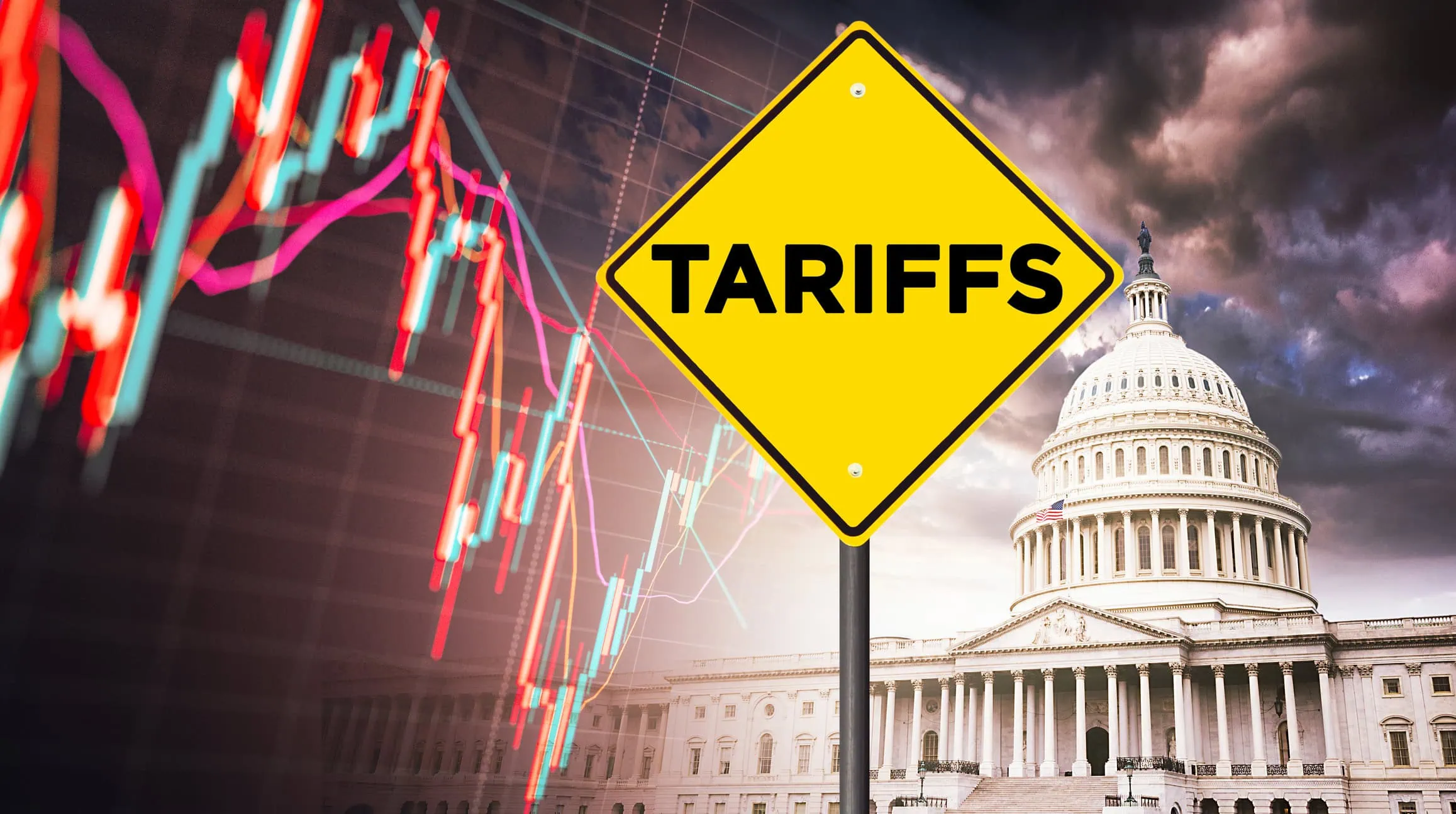A 90-day pause on sweeping U.S. tariffs is nearing expiration, and according to top administration officials, President Donald Trump does not plan to extend the deadline. The original tariff plan, announced in April, imposed rates ranging from 11% to over 100% on a broad array of imported goods, though most were temporarily paused in response to market concerns.
Commerce Secretary Howard Lutnick, speaking on Fox News, confirmed that the administration intends to let the pause expire in early July. He emphasized that tariffs will remain in place despite ongoing court challenges, stating, “Tariffs are not going away.” Lutnick also indicated that the administration is pursuing more favorable trade agreements and suggested that new deals may soon benefit American workers.
One primary focus is the U.S.-China relationship, which continues to face uncertainty. Treasury Secretary Scott Bessent described China as an unreliable trade partner and accused the country of withholding critical goods needed for global supply chains. These comments follow a recent reduction in mutual tariffs—part of a temporary truce negotiated in Geneva—but a comprehensive trade agreement has yet to be reached.
Last Friday, President Trump announced a sharp increase in steel and aluminum tariffs, doubling them from 25% to 50%. The administration argues that these tariffs are necessary to revitalize the domestic steel industry and reduce dependence on foreign producers like China, India, and Japan.
Once the tariff pause ends, imports from approximately 60 countries, including the European Union, Vietnam, and South Africa, could be affected. The White House identified these nations as significant contributors to trade imbalances.
While the administration maintains that the tariffs aim to secure fairer trade practices, global reactions have been mixed. China’s government has urged the U.S. to withdraw discriminatory measures and uphold agreements made in earlier negotiations. Discussions between President Trump and Chinese President Xi Jinping are anticipated, though no specific date has been confirmed.
White House officials have signaled that while negotiations are ongoing, the administration is preparing for all outcomes, with a focus on national economic and defense readiness.
This article is based on information reported by the BBC. To read the original report, visit BBC News.

